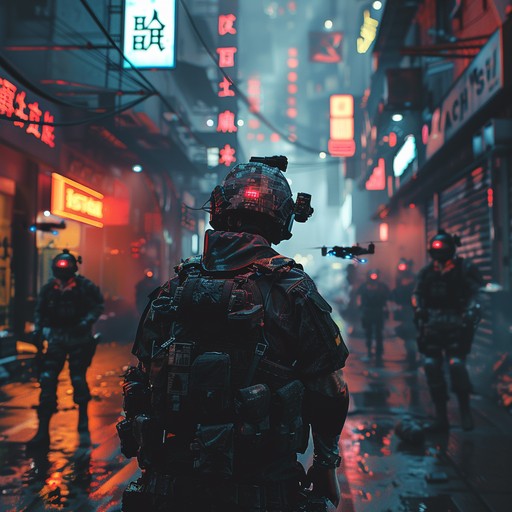Call of Duty's About-Face and Battlefield's Steadfast Vision: A Crossroads for PC Gaming FPS?
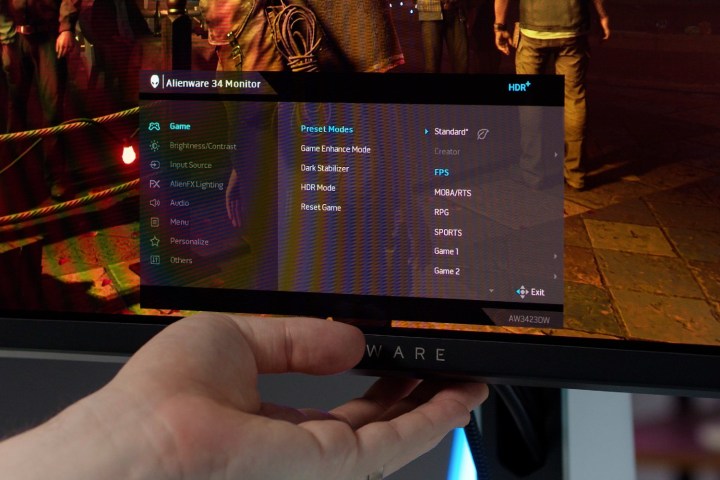
The world of PC gaming, especially the first-person shooter (FPS) genre, is a dynamic landscape. We've seen trends come and go, from hyper-realistic military simulations to over-the-top, arcade-style shooters. Recently, a fascinating divergence has emerged between two titans of the industry: Call of Duty and Battlefield. The recent news of Call of Duty seemingly backtracking on its "goofy skins" approach, juxtaposed with Battlefield's developers explicitly stating, "We're not chasing trends, we're not chasing other products," signals a potentially significant shift in the FPS market. As seasoned PC gaming enthusiasts, it's crucial to analyze what this means for the future of FPS games, player engagement, and the broader gaming industry. Let's dive in.
Call of Duty: A Course Correction?
For years, Call of Duty has leaned heavily into customization, offering a wide array of skins, characters, and cosmetic items, some of which strayed far from the series' military roots. While these options generated revenue and catered to a segment of the player base, there's been a growing sentiment, particularly among long-time fans, that the game was losing its identity. The recent shift, as highlighted in this article on PCGamer.com, suggests that Activision is listening to those concerns. But why the change?
Several factors likely contribute to this decision. First, the market is becoming increasingly saturated with live service games, and players are growing more discerning about where they spend their time and money. Second, the negative feedback surrounding the more outlandish cosmetics may have started to impact player engagement. Third, the rise of alternative FPS titles emphasizing realism might be putting pressure on Call of Duty to re-evaluate its strategy.

The Call of Duty skins controversy highlights a critical balancing act for game developers: how to monetize their games effectively without alienating their core audience. Perhaps this u-turn is Activision's attempt to recapture players who were turned off by the increasing focus on monetization over authenticity.
Battlefield: Staying True to its Roots
In stark contrast to Call of Duty's apparent course correction, Battlefield's developers have made a clear statement: they are committed to delivering a more authentic and grounded gaming experience. This commitment likely stems from a deep understanding of the Battlefield fanbase, who have long appreciated the series' emphasis on large-scale battles, realistic weapon handling, and tactical gameplay.
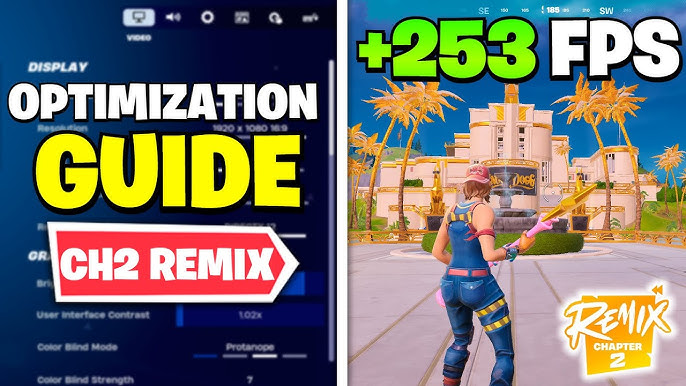
By explicitly stating that they are "not chasing trends," DICE is signaling that they are confident in their vision for the franchise and are willing to differentiate themselves from the competition. This decision could be a significant win for Battlefield, attracting players who are tired of the increasingly cartoonish aesthetics of other PC FPS games 2025. This steadfast vision of creating a Battlefield authentic gaming experience aims to deliver what fans expect.
The Evolving FPS Landscape: Realism vs. Customization
The divergence between Call of Duty and Battlefield reflects a broader debate within the FPS genre: realism vs. customization. Both approaches have their merits, and ultimately, the success of a game depends on how well it executes its vision.
Games like Escape From Tarkov and Hell Let Loose have demonstrated the enduring appeal of hyper-realistic FPS experiences. These games prioritize immersion, tactical depth, and a sense of consequence, attracting a dedicated player base that values authenticity above all else. On the other hand, games like Fortnite and Apex Legends have proven that customization and over-the-top aesthetics can also be incredibly successful, appealing to a wider audience that enjoys self-expression and lighthearted gameplay.
The key is finding the right balance. While customization can add depth and personality to a game, it shouldn't come at the expense of immersion or core gameplay mechanics. Similarly, realism shouldn't be so punishing that it alienates casual players.
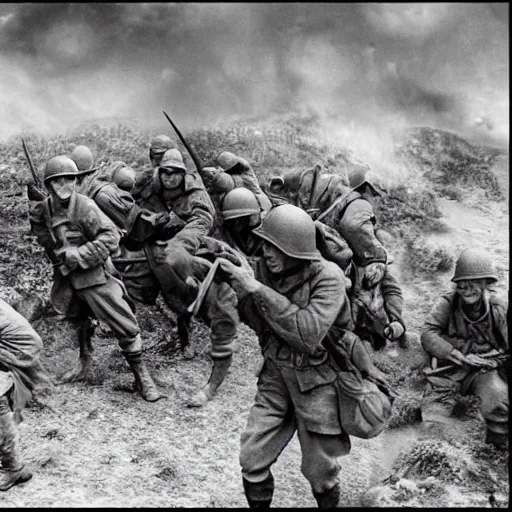
The impact of game design on player engagement is undeniable. When players feel that their choices matter and that the game respects their time and investment, they are more likely to remain engaged and invested in the long term.
Implications for the FPS Market
The decisions made by Call of Duty and Battlefield will undoubtedly have implications for the broader FPS market. Other developers will be watching closely to see which approach resonates most with players. If Battlefield's commitment to realism proves successful, we may see a resurgence of more grounded and authentic FPS titles. Conversely, if Call of Duty's course correction manages to win back disgruntled fans, it could signal a shift away from overly-commercialized, trend-chasing game design.
The evolving preferences of PC gamers are driving these changes. Players are becoming more sophisticated and demanding, expecting games that offer both engaging gameplay and a strong sense of identity. The days of simply copying the latest trends are over. To succeed in today's market, developers must have a clear vision for their games and a deep understanding of their target audience.

The FPS game development trends show that there is a growing desire for increased authenticity in many titles. The push for gritty realism can be a strong differentiator in the market.
Long-Term Viability: Authenticity Wins Out?
Ultimately, the long-term viability realistic FPS games relies on their ability to deliver a compelling and engaging experience that resonates with players. While trends may come and go, authenticity and a strong sense of identity are timeless qualities that can help a game stand the test of time.
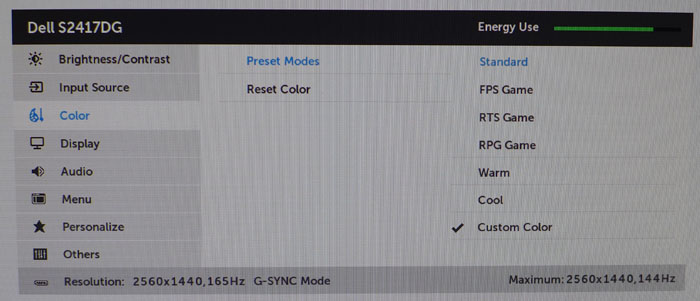
The industry needs to remember that chasing trends and focusing solely on monetization can be a short-sighted strategy. In the long run, it's the games that stay true to their vision and prioritize the player experience that will truly succeed. Whether Call of Duty can successfully pivot back to a more grounded aesthetic remains to be seen. However, Battlefield's unwavering commitment to realism may just give them the edge in the evolving PC gaming FPS trends realism vs customization.
Conclusion
The contrasting approaches of Call of Duty and Battlefield offer a fascinating case study in the evolving landscape of PC gaming FPS. While Call of Duty appears to be reassessing its strategy and moving away from "goofy skins," Battlefield is doubling down on its commitment to a more authentic and grounded gaming experience. Only time will tell which approach will ultimately prove more successful. As PC gaming enthusiasts, we can look forward to seeing how these decisions shape the future of the FPS genre and the broader gaming industry. The best realistic PC FPS games 2025 are poised to deliver experiences that hardcore fans will enjoy for years to come.

